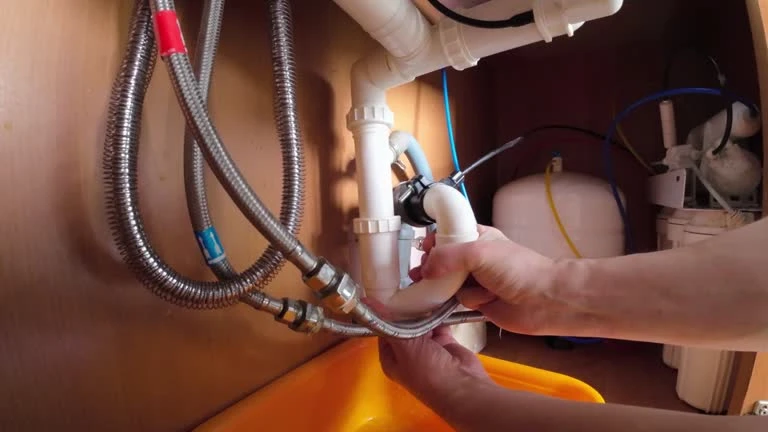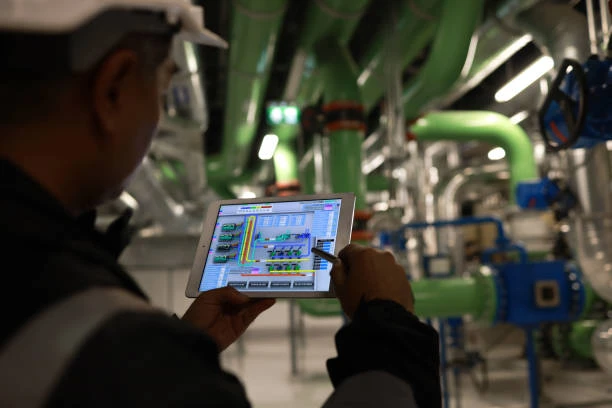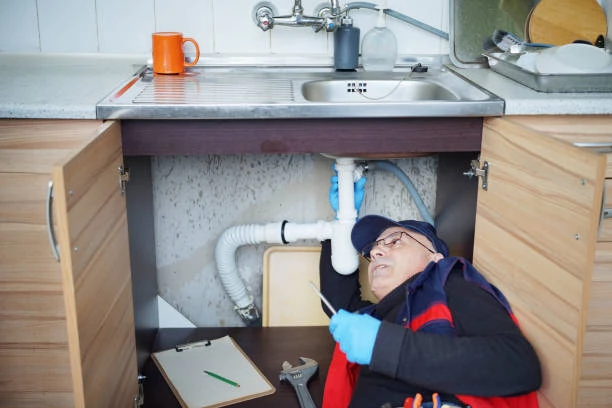Sealing technology plays a crucial role in the performance of pipeline fittings. Proper seals prevent leaks and ensure system integrity. Pipe and fitting connections must withstand various pressures and temperatures. Understanding sealing methods helps manufacturers select appropriate solutions. This article explores different sealing technologies, their applications, and best practices for pipe and fitting systems.
Types of Sealing Technologies
Several sealing technologies exist for pipeline fittings. Gaskets, O-rings, and thread sealants are common options. Gaskets provide a wide sealing surface, ideal for flanged connections. O-rings offer flexibility and are suitable for dynamic applications. Thread sealants fill gaps in threaded connections, preventing leaks. Each technology has unique advantages, making it essential to choose the right one for specific applications.
Material Selection for Seals
Choosing the right materials for seals is vital for performance. Common materials include rubber, silicone, and PTFE. Rubber seals offer good flexibility and resistance to various chemicals. Silicone seals withstand high temperatures, making them suitable for demanding environments. PTFE seals provide excellent chemical resistance and low friction. Understanding the operating conditions helps in selecting the best materials for pipe and fitting seals.
Installation Best Practices
Proper installation of sealing technologies ensures optimal performance. Technicians must follow manufacturer guidelines for each sealing method. For example, gaskets should be evenly compressed to create a reliable seal. O-rings must fit snugly in their grooves to prevent leaks. Training personnel on installation techniques minimizes risks associated with improper sealing. Adhering to best practices enhances the reliability of pipe and fitting connections.
Regular Maintenance and Inspections
Routine maintenance and inspections are essential for sealing performance. Regular checks help identify wear and potential failures in seals. For instance, visual inspections can reveal signs of deterioration in gaskets or O-rings. Implementing a maintenance schedule ensures that seals remain effective, reducing the likelihood of leaks. Proactive maintenance supports the longevity of pipe and fitting systems.
Environmental Considerations
Environmental factors significantly influence sealing performance. Temperature fluctuations, chemical exposure, and pressure variations can affect seals. For example, extreme temperatures may cause rubber seals to harden or crack. Understanding these factors helps manufacturers design seals that withstand specific conditions. Regular assessments of environmental conditions ensure timely interventions to maintain sealing integrity.
Innovations in Sealing Technology
The future of sealing technology in pipeline fittings looks promising with ongoing innovations. New materials and designs enhance sealing performance and durability. For instance, smart seals can monitor pressure and detect leaks in real-time. These advancements improve safety and efficiency in pipeline systems. Staying updated on innovations ensures organizations remain competitive and effective in their sealing solutions.
Conclusion
Sealing technology is vital for the performance of pipe and fitting systems. Understanding different sealing methods, materials, and best practices enhances reliability. Regular maintenance and awareness of environmental factors further support sealing integrity. Embracing innovations in sealing technology ensures long-term success in pipeline applications.
IFAN Products international standards
IFAN products strictly adhere to a comprehensive range of international standards, encompassing ISO 15874, EN 15874, ASTM F2389, DIN 8077/8078, GB/T 18742, NBR 15884, ISO 15494, EN ISO 15494, GB/T 19472, NBR 15494, ASTM 2846 (501), DIN 8079/8080 (502), ASTM F441/F441M SCH80 (503), DIN (504), DIN (505), GB/T 18993, AS/NZS 1477, CSA B137.6, NSF/ANSI 14, TIS 17-2532/1131-2535, BS 3505, BS 4346 (801), ASTM D1785 SCH40 (802), ASTM D1785 SCH80 (803), DIN (804), GB (805), GB (806), GB(901), DWV(902), ASTM D2665 (903), along with ASTM D2241, D2665, D2729, and F441/F441M series, ISO 1452, EN ISO 1452, DIN 8061/8062, GB/T 10002, AS/NZS 1477, JIS K6741, CSA B137.3, and other national and industry norms.
Connect
IFAN is a Chinese manufacturer of plastic pipes, fittings and valves with 30 years of experience. If you are interest in IFAN copper fittings, copper valves, plastic pipes and fittings, please contact us. IFAN offers you a variety of standard pipes to meet your specific needs. Click below to learn more about IFAN’s wide range of affordable and cost-effective valve products and piping system related products.
We will reply your email or fax within 24 hours.
You can call us at any time if there is any question on our production.
For more information,pls visit our webside https://waterpipefitting.com/
Pls Mailto: [email protected]
Whatsapp: +86 15088288323














Recent Comments